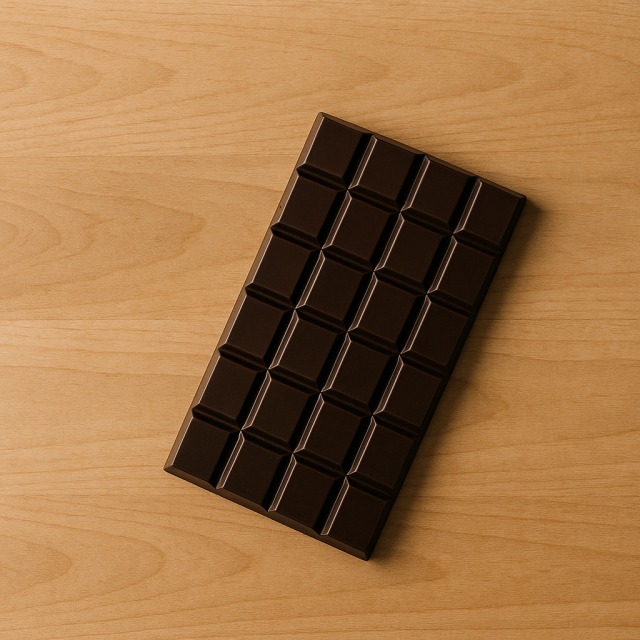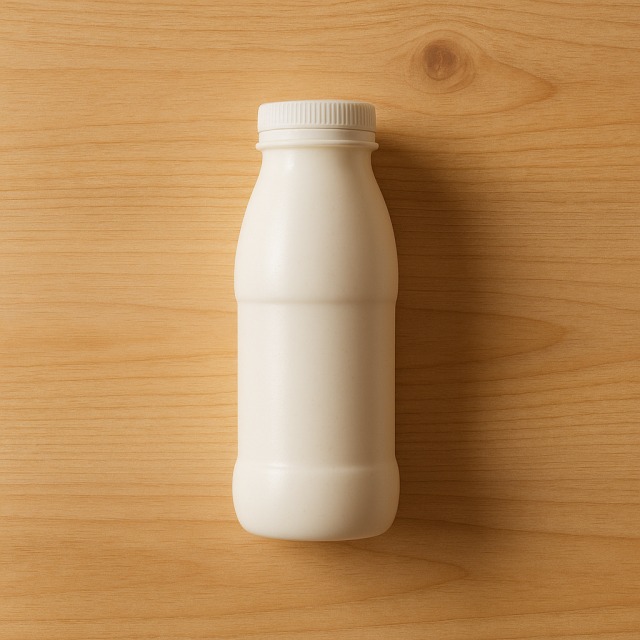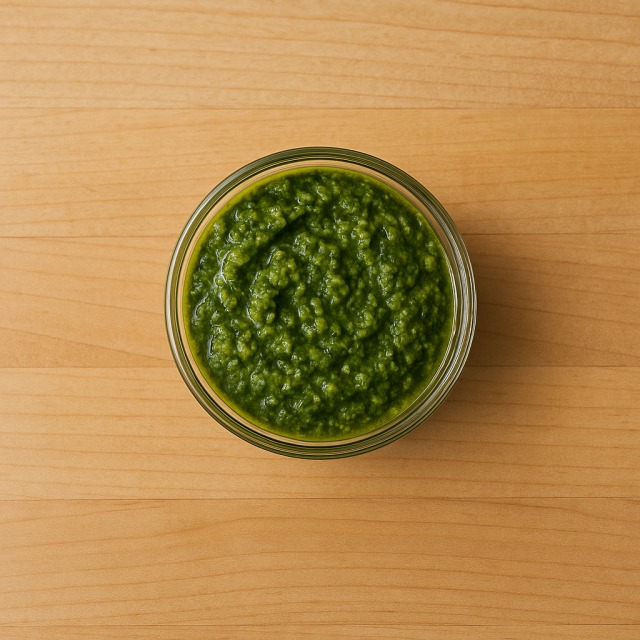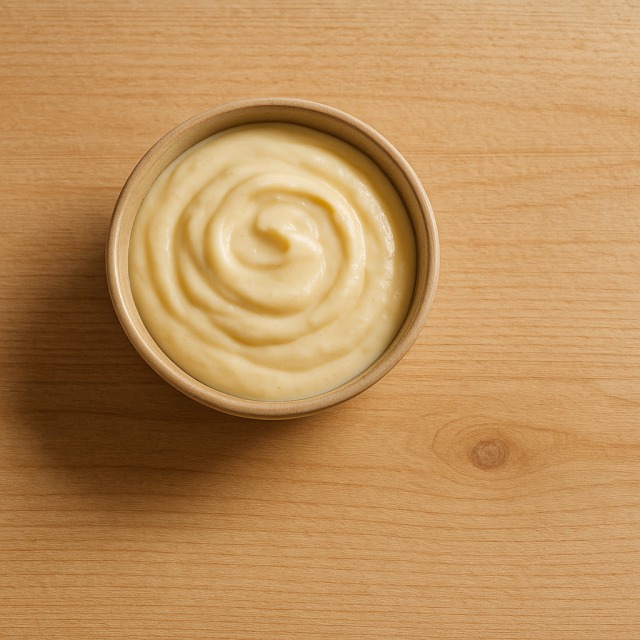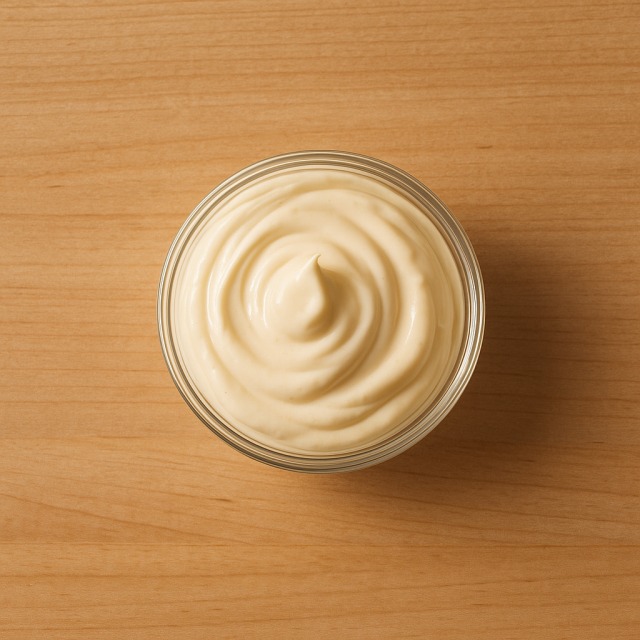Calorie Chart / Seasoning & Sauces / Sugar
How Many Calories Are in Sugar?
Calculation of the nutritional value & Recommended Dietary Intake of sugar
For g and a calorie requirement of kcal
| Calories 20 kcal | Proteins 0 g | Lipids 0 g | Carbohydrates 5 g |
| 1% | 0% | 0% | 2% |
Health benefits of sugar

Sugar - 100g
Calories 400 kcal
Proteins 0 g
Lipids 0 g
Carbohydrates 100 g
Containing 400 kcal per 100 g, sugar is clearly a high-calorie ingredient: every spoonful adds calories quickly to a dish. Those calories come entirely from simple carbohydrates (sucrose), making sugar an immediate source of energy for muscles and the brain. Because it supplies fast-acting glucose, it can be useful for athletes facing sudden drops in blood sugar, or for hikers who need calories in a compact form.
Beyond pure calories, sugar plays a role in food preservation by binding water and inhibiting bacterial growth; that is why traditional jams made with strawberry or apricot have a long shelf life. Historically, sugar was once a luxury: in the 17th century, it was called "white gold" and its high calories were prized when food scarcity was common. Today, its readily available calories must be managed carefully to avoid excess.
Although sugar supplies no vitamins or minerals, it enhances the palatability of more nutrient-dense foods such as plain yogurt or bitter coffee. Used thoughtfully, it can help people with low appetite reach their calorie targets. Conversely, a steady stream of empty calories may crowd out sources of fibre, proteins, and micronutrients, so portion control is advisable.
To sum up, sugar delivers quick calories, aids energy recovery and food preservation, and has a rich cultural history—yet those same concentrated calories require moderation for balanced nutrition.
Tips for incorporating sugar into a balanced diet
Because sugar packs so many calories into a tiny volume, integrate it sparingly and combine it with fibre or proteins to slow absorption and avoid sudden calorie spikes. For example, sweeten a bowl of oat flakes with just one teaspoon rather than several, adding fruit like banana for natural sweetness and extra nutrients. The calories from sugar will still provide quick energy, but the oats and fruit temper the overall calorie load.
If you enjoy hot drinks, dissolve a small cube of sugar in black or green tea instead of reaching for a sugary soda: you gain flavour with far fewer liquid calories. In baking, reduce recipe sugar by one-third and rely on spices such as cinnamon or vanilla to keep taste high while keeping calories lower.
Classic desserts such as pancake batter, apple turnover filling, or molten chocolate cake all rely on sugar for texture and browning. You can balance their calories by serving them with a side of fresh raspberry coulis rather than whipped cream, or by swapping part of the sugar for mashed fruit purée—cutting calories yet keeping moisture.
Athletes needing rapid post-workout calories can mix a homemade sports drink: 30 g of sugar, a pinch of salt, and lemon juice in 500 ml water. The drink delivers immediate calories for glycogen resynthesis while remaining cheaper and cleaner than many commercial options. Whatever the context, always add sugar last, taste, and remember that every extra teaspoon equals roughly 20 calories toward your daily calorie budget.
Frequently Asked Questions
- How many calories are in sugar?
- Sugar provides 400 calories per 100 g.
- Does sugar make you gain weight even if it contains no fat?
- Yes. Weight gain is driven by excess calories, not only fat. Because sugar delivers 400 calories with no proteins or fibre, it is easy to overconsume calories when eating foods that are high in sugar.
- Is brown sugar lower in calories than white sugar?
- The calorie difference is negligible: both kinds supply about 395–400 calories per 100 g. The trace minerals in brown sugar do not significantly affect its calories.
- How can I reduce calories in desserts without eliminating sugar completely?
- Cut total sugar by 25–30%, substitute fruit purée, and add spices or vanilla; you will lower calories while maintaining sweetness and texture.
Similar foods
Information provided by Calorie Menu may contain inaccuracies or errors. It cannot, under any circumstances, substitute medical advice or medication.
